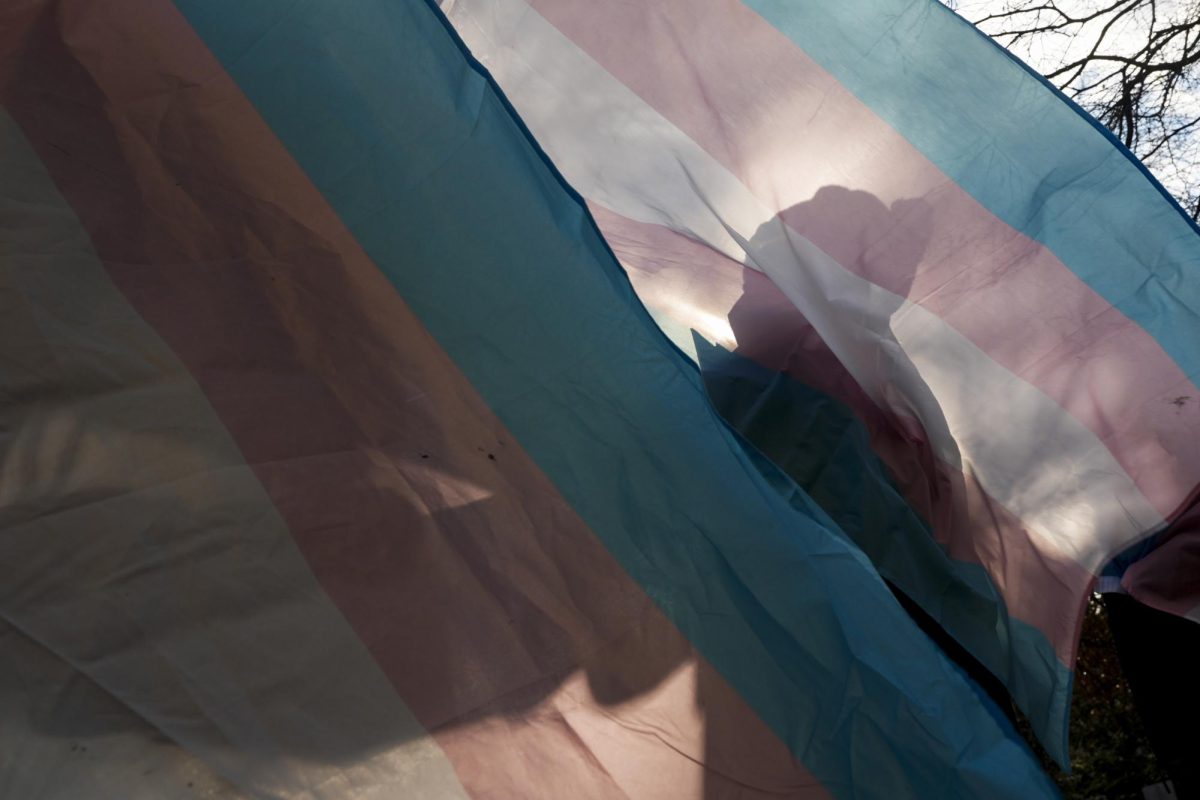Shortly after Sarah McBride, the first transgender congresswoman was elected to office, House Speaker Mike Johnson committed to the policy to bar her access to the bathroom that aligns with her lived reality (NBC News). More recently, Donald Trump has launched a new executive order to establish two binary, unalterable sexes be recognized in United States law. This has far-reaching implications for everything from the ability for trans and intersex people to update and obtain documentation, to discrimination in the workforce or at schools, and yes, the ability to safely access a public bathroom.
According to the ACLU, one of the immediate effects of this order will be surrounding documentation change, starting with passports at the State department. As of publishing, the government has in fact suspended all applications for gender marker changes on *any* state or federal IDs (TexasLaw). This means that any transgender person who has not updated their documents are at risk of discrimination or even violence via forced “outing” when they provide any documentation that doesn’t align with how they present in the world. This also means that anyone who was in the middle of trying to update their name and gender marker are now caught in limbo with mismatched documentation. Having mismatched information on legal documents can be a huge burden to navigate.
Trump’s order sets the tone on gender policy for the administration, and is a clear indication of the direction he plans to go moving forward. One tool at the administration’s disposal could be threatening federal funds to any organization that they see as going against the new policy. This can introduce a “chilling effect” where organizations may feel pressured to avoid any activity that might be under the administration’s microscope. It is anticipated that the order will be enforced in some other contexts such as transgender healthcare as well as “public schools and sex-separated spaces” (ACLU). “It could create a lot of confusion around things like passports and visas […] it could open the door to invasive questions about people’s medical history. And it won’t make women safer” says Fatima Graves from the National Women’s Law Center.
This all is coming after a January court ruling which struck down the Biden administration’s Title IX regulation that added sexual orientation and gender status to the definition of sexual discrimination protections (EdWeek). As of now, it is unclear what — if any — element of Trump’s order will be blocked at the judicial level. The ACLU expresses their continued commitment to fighting for the rights of transgender and intersex people across the country. Congresswoman McBride expresses her commitment to serving as Delaware’s representative despite her opposition.
If you or a loved one are in need of support, please reach out to any of the following LGBTQ+ organizations:
Trevor Project: https://www.thetrevorproject.org/
PFLAG: https://pflag.org/
Trans Legal Aid Texas: https://translegalaidtx.com/


























